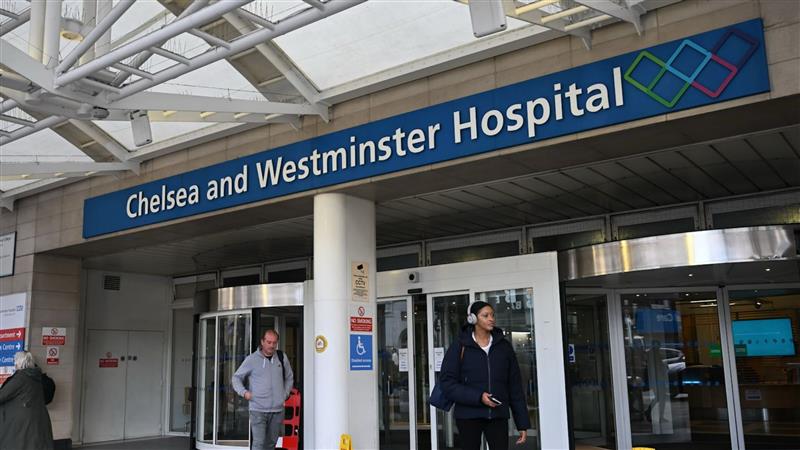 Credit: Anadolu/Getty Images
Credit: Anadolu/Getty Images Chelsea and Westminster Hospital is piloting an AI discharge tool that automates paperwork, in the latest adding to the NHS AI policy, to cut waiting times while protecting patients’ data.
Part of the National Health System’s (NHS) decade-long digital transformation, the system extracts patient data to generate discharge summaries 80% faster, freeing beds and clinician time.
The system also follows strict privacy protocols on the Federated Data Platform.
By automating parts of the discharge process, the tool targets a common problem: delays caused by paperwork. Improvements like these are crucial to minimizing long waiting lists and improving patient experience across the NHS.
AI Shortening NHS Waiting Time
The new system extracts key patient data from records, such as test results and diagnoses, to automate discharge summaries. These required documents often delay releases during busy periods.
The AI discharge planning solution reduces waiting times out of proceedings by accelerating paperwork completion.
“This potentially transformational discharge tool is a prime example of how we’re shifting from analogue to digital as part of our 10-year health plan,” Health Secretary Wes Streeting highlighted its potential impact said.
The new system supports broader hospital AI adoption, helping optimize operational efficiency. The new NHS AI policy will transform patient flow management and alleviate chronic NHS bed shortages.
“Doctors will spend less time on paperwork and more time with patients, getting people home to their families faster and freeing up beds for those who need them most,” Wes Streeting added.
Technology and Safety at the Core
Hosted on the NHS Federated Data Platform, the solution integrates with the ecosystem of NHS’s AI solutions to enhance cross-service collaboration, to deliver faster, safer, and more coordinated care.
NHS digital transformation
Beyond streamlining discharges, the program guarantees hospital AI safety through secure patient data processing. NHS data privacy standards remain of topmost priority, addressing concerns about use and safeguarding individual medical data.
The NHS actively monitors for any AI policy errors, to avoid repercussions on patient care – or data security, by piloting the system in a controlled environment before full-scale deployment.
Widespread AI Advantages for All Healthcare Services
The discharge tool joins a growing portfolio of NHS AI solutions, including physiotherapy applications reducing wait times for musculoskeletal care and predictive systems preventing serious illness.
Technology minister Peter Kyle described how important such advancements are as he visited Chelsea and Westminster hospital.
“This is exactly the kind of change we need, AI being used to give doctors, probation officers and other key workers more time to focus on delivering better outcomes and speeding up vital services,” he said.
Secondly, AI is being aligned to support more specialized industries such as AI discharge for mental health, where personalized software could aid in planning patient care and transitions more effectively.
As the NHS AI policy guides these innovations, the NHS is gradually creating a smarter, more efficient healthcare system, one where technology supports staff and improves patient care. This Chelsea and Westminster pilot is a clear example of the way NHS AI discharge assistant technologies can revolutionize the running of hospitals.
Inside Telecom provides you with an extensive list of content covering all aspects of the Tech industry. Keep an eye on our Medtechsection to stay informed and updated with our daily articles.